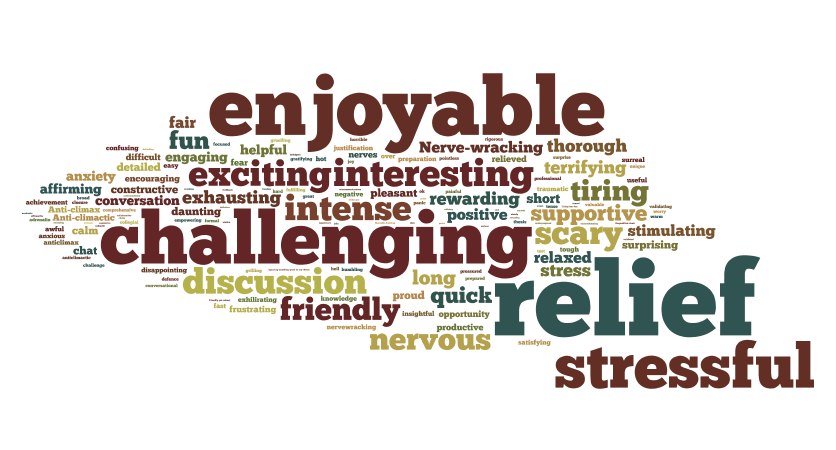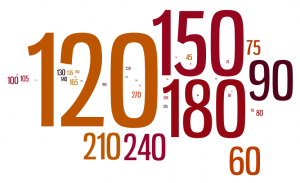When did your mind last go blank?
The first time for me was in Mr R’s chemistry class in high school. Like a real swot I sat on the front row, even though Mr R was intimidating and had a habit of randomly picking people to answer his questions.
One day, I was really focussing as he talked about the concentration of substances in a solvent when he suddenly said, “…and the answer is… Ryder?” and turned his piercing gaze on me. My mind crashed and I lost the last ten seconds of what he had said: deleted, file error, 404 response. I had no idea what he said, even though I had been listening and all I could do was say “Uh, not sure sir,” to which he smirked, “Not listening, eh?! Bowness, how about you?”
(the answer incidentally was “2” and the question amounted to “what is 4 divided by 2?”)
(the irony that I would go on to get a PhD in maths is not lost on me)


